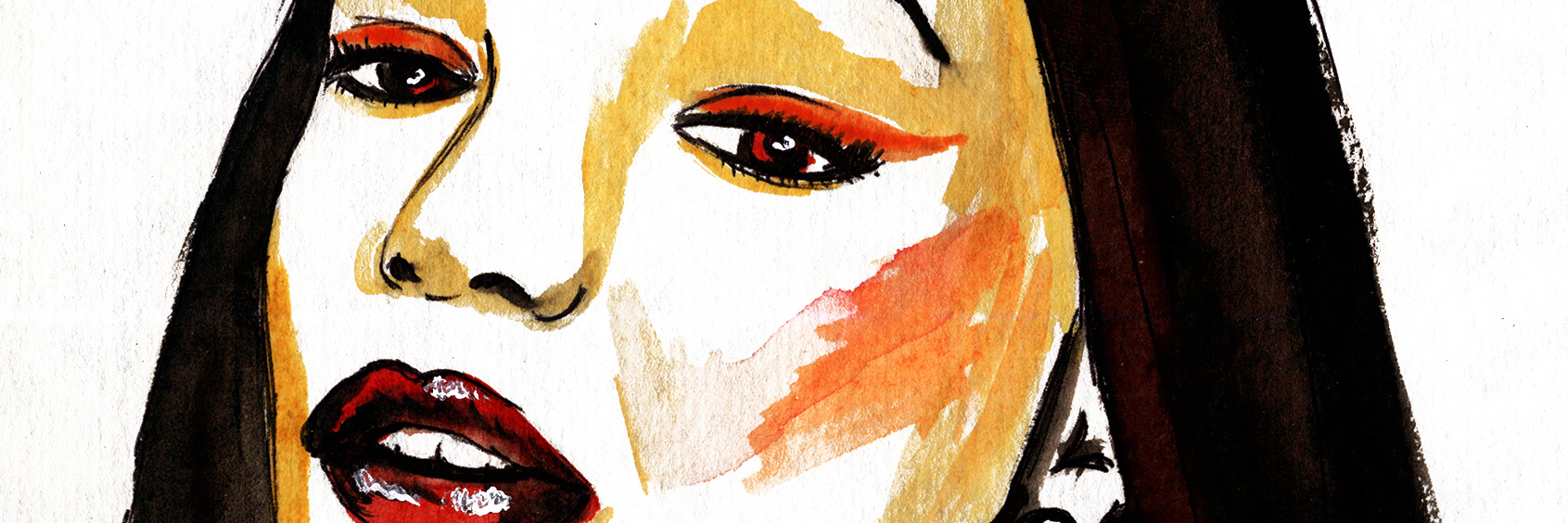When you hear about borderline personality disorder (BPD), you often hear about the tremendous fear of abandonment, the reckless behaviors, the potential addictions, self-harming tendencies and the constant, intense mood fluctuations that come along with the diagnosis. Some things that aren’t talked about as much are the difficulties with object permanence (or emotional constancy) and time perception. Object permanence is understanding that objects continue to exist even when they can’t be observed. Time perception is the subjective experience of time, which is measured by someone’s own perception of the duration of the indefinite and unfolding of events. These things are important when it comes to maintaining friendships and relationships. It can cause a lot of problems if you forget that someone exists as soon as they leave. At times, this is what my life looks like.
I am an introvert and have social anxiety, so I spend a lot of time at home — either alone or with my partner. Logically, I know I have many friends who care about me, but when I’m not around them, it’s very difficult for me to remember that. I have trouble creating an image of them in my mind. Even if it’s only been a few days since I’ve spoken to my friends or seen them, it feels like it’s been weeks, if not months.
I am polyamorous and the same thing happens when I transition from spending time with one partner to another. I live with my first partner and see my second partner twice a week. When I go to visit my second partner, I have a really hard time remembering my partner at home. My mind produces an inaccurate vision of him and it creates a lot of anxiety for me. Even after a few hours without him, I start to feel like it’s been much longer and I can feel myself forgetting our last interactions and what he looks like. Each time I come home from my second partner’s house, I fear I will forget he exists. I take pictures and videos when I’m with him, and bring home small things that belong to him to help me remember my time spent with him was real. The first time I brought something of his home with me and held it while in the same room as my home partner, I experienced intense cognitive dissonance and couldn’t believe that my other partner actually still did exist.
Each time I see one partner after spending time with the other, I go through a transition period when I have to remember I know them. Most of my memories with this person are temporarily lost in my mind and I struggle to feel safe around them for a while. I have a hard time holding onto memories in general. There are huge gaps in my memory of my past and the beginnings of both of my relationships are a blur. I experience these difficulties in friendships as well and at times, I even avoid seeing my friends because I don’t feel like I know them and it creates too much anxiety for me to handle.
I have to be very mindful of the ways these deficits affect my perception. If I’m not, I can neglect friendships, become very distant with the people I love, have trouble staying grounded in the moment, experience a lot of separation anxiety and expect new relationships and friendships to evolve at a faster pace than is considered “healthy.”
There are many things I practice to help me cope with these issues. At random points in the day, I will sit down and try to remember certain times I’ve spent with my friends. I will focus on the last thing I remember happening with them and do my best to flesh out the memory. I have written long lists of the things I love about both of my partners and my relationships with them. On my way to and from my second partner’s house, I pull out whatever list is for the partner I’m about to see and I read it. This helps me to remember this partner and all the good things about them and the memories we share. When my mind tells me it’s been a really long time since I’ve seen someone or feel like I don’t know them anymore, I’ll reach out and reconnect with them through text since it’s less intimidating than seeing them in person. I make my feelings known with both of my partners and ask them for reassurance when I need it. I am slowly learning to accept that for the time being, this is part of my experience and to allow myself to go through it without criticizing or shaming myself. Borderline personality disorder makes my life very difficult, but I am so grateful to have people who love, understand and accept me, and I’m doing my best to do the same for myself.
We want to hear your story. Become a Mighty contributor here.
Thinkstock photo via Tishchenko.

